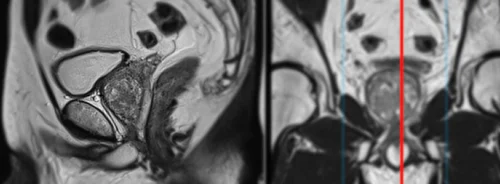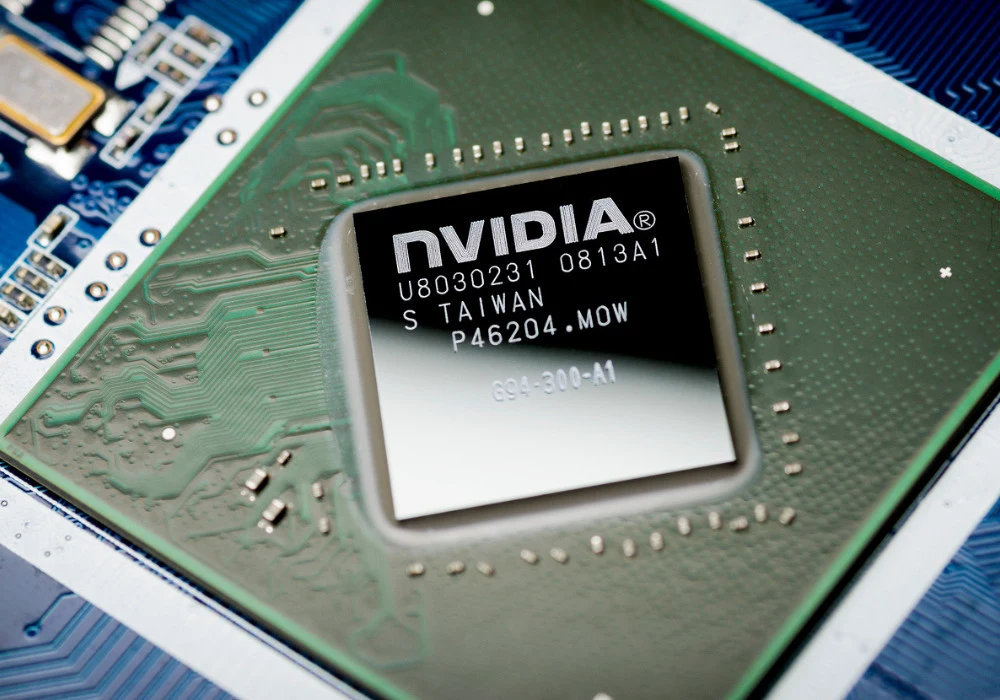Taiwan’s leading medical centres, the National Health Research Institute (NHRI) and Chang Gung Memorial Hospital (CGMH), are advancing biomedical research and healthcare through the integration of accelerated computing and generative AI. These institutions are leveraging cutting-edge technologies to revolutionise everything from imaging to patient care, clinical workflows, and drug discovery research.
Transforming Disease Prevention and Treatment in Taiwan
Dr. Hung-Yi Chiou, director of the Institute of Population Health Sciences (IPHS) at NHRI, emphasises the transformative impact of AI in healthcare. “AI in healthcare will fundamentally change how we approach disease prevention and treatment,” he asserts. AI’s capability to swiftly and accurately analyse vast amounts of data opens doors to personalised medicine strategies and early intervention methods that were once beyond reach. Echoing this optimism, Dr. Wen-Jin Cherng of CGMH highlights the promising future of AI in healthcare. He explains that AI-assisted smart healthcare will enhance diagnostic accuracy, improve treatment plans, and accelerate patient recovery. Furthermore, AI can facilitate more efficient and cost-effective decision-making in complex analytical processes, thereby transforming healthcare delivery.
NVIDIA Blackwell: Driving AI Innovation and Healthcare Excellence at NHRI
A key enabler of this transformation is the NVIDIA Blackwell platform, which integrates advanced AI capabilities into medical practices. This platform significantly enhances patient care and streamlines clinical workflows. NHRI, as Taiwan’s leading medical research institution, is spearheading public health advancements through biomedical research and innovation. The integration of NVIDIA accelerated computing into NHRI’s IT infrastructure marks a pivotal advancement in AI-driven healthcare. NHRI’s collaboration with NVIDIA extends to developing large language models tailored to Taiwan’s healthcare needs. Dr. Feng-Chi Chen, deputy director of IPHS at NHRI, notes the unique challenges posed by traditional Chinese medical records and genomic data, which require localised solutions. These challenges include language variations and the need for precise genomic interpretations specific to Taiwan’s population. NVIDIA’s accelerated computing capabilities enable NHRI to develop these solutions, ensuring Taiwan’s healthcare system remains at the forefront of medical research.
Expanding AI-Powered Healthcare: CGMH and NHRI Harness NVIDIA Blackwell's Computational Power
CGMH, one of Taiwan’s largest healthcare systems, operates a network of 10 hospitals with an inpatient capacity of over 11,000 beds, serving millions in outpatient services. With the computational power of Blackwell, CGMH aims to expand language model services across all its hospitals, enhancing professional support and patient care while streamlining clinical workflows. Dr. Chang-Fu Kuo, director of the AI center at CGMH, underscores that this expansion addresses the needs of various medical disciplines and diverse patient populations, enabling healthcare professionals to focus on critical clinical tasks and ultimately improve patient outcomes.
NHRI’s use of six NVIDIA DGX A100 systems for cloud and data centre services is pivotal for biomedical model training and genomic analysis. By harnessing NVIDIA’s accelerated computing power, NHRI is addressing pressing public health issues. One key project involves using AI to predict the risk of chronic diseases such as diabetes and cardiovascular conditions by analysing numerous genetic and environmental parameters. Dr. Chen highlights that this level of analysis was previously unattainable due to computational constraints. Now, with NVIDIA’s technology, NHRI can offer more accurate risk assessments and preventative strategies.
CGMH also employs a diverse array of NVIDIA hardware, including NVIDIA H100, A100, and other Tensor Core GPUs, for medical imaging development and deployment. The foundation serves 46 models daily and plans to use Blackwell for large language model (LLM) training and deploying service robots in hospitals. Running these systems on-premises ensures patient data privacy, faster data processing, and reduced latency, as noted by Dr Chihung Lin, deputy director of the CGMH AI centre.
Many medical applications can benefit from technology
These technologies are applied in various medical applications, including:
- Clinical Decision Support System: Developed on-premises to ensure patient data confidentiality and privacy, this system assists clinicians by providing access to up-to-date data and guidelines and using models to answer questions and prepare medical decisions.
- Patient Interaction System: Allows patients to interact with a robot to get answers about their medication and medical conditions, reducing the burden on medical staff. Medical staff review the robot’s responses to ensure accuracy.
- Medical Imaging: Enhances radiology and other imaging tasks using AI. This project is one of the most mature AI technologies in CGMH’s healthcare system.
- Precision Medicine: Handles large-scale genomic data and transforms sequences into readable medical reports for doctors. Focused on building computational facilities to support whole genome and exome sequencing.
- Expansion of AI Services: Aim to extend the language model services to all hospitals under CGMH’s umbrella, leveraging the computational capacity from the Blackwell platform to support this expansion.
Other applications include early detection of colorectal cancer via endoscopy, autoimmune disease screening through microscope images, and kidney disease prediction using general imaging techniques.
NHRI and CGMH’s adoption of accelerated computing underscores the growing importance of AI and advanced computing in medical research and healthcare delivery. With these tools, Taiwan is poised to make significant strides in improving patient outcomes and advancing biomedical science. This innovative approach not only enhances healthcare services but also sets a precedent for integrating advanced technologies in medical practices globally.
Source Credit: NVIDIA
Image Credit: iStock






